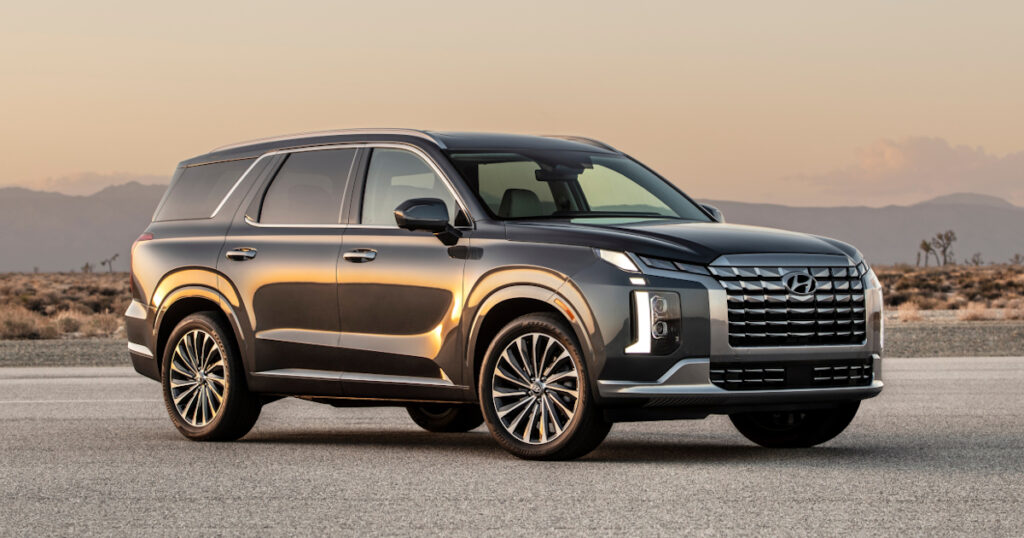SUVs have higher center of gravity than other vehicles and are likelier to roll over in an accident. Children in vehicles that roll over are at a greater risk of death.
They also generate more emissions than small cars. Every 1% market shift toward SUVs increases average CO2 emissions by about 14%.
Fuel Pump
The fuel pump sends fuel from the fuel tank to your engine. It’s not uncommon for the pump to develop issues over time, which can cause your vehicle to experience several symptoms.
One of the most common signs that your fuel pump needs replacement is a whining noise. The pump normally makes a low humming sound, so hearing a whine clearly indicates something is wrong.
A faulty fuel pump may cause your vehicle to surge forward for no apparent reason. This can occur when the fuel pump sends too much fuel to your engine. As a result, the car will suddenly accelerate and then slow down. This problem can be very dangerous, especially in the city.
You can easily check if your fuel pump is functioning properly by performing a static pressure test on the system. This is a simple procedure that can be done using a digital multimeter. Connect the gauge as outlined in your repair manual, turn on the ignition, and observe the pressure reading. The fuel pump must be replaced if the reading is significantly higher or lower than spec. This is a relatively inexpensive fix, and it can be done quickly by a professional mechanic. This will ensure that your vehicle is safe to drive.
Fuel Filter
SUVs have become very popular in recent years, especially the midsize models. These vehicles are ideal for families because they can hold more people and luggage than a regular car. However, they are still free from problems. SUVs have their own set of unique issues that you should be aware of before you buy one.
One of the most common Kia Telluride problems is fuel filter clogs. This can occur when dust or dirt enters the tank and reaches the filter. This can be caused by driving in sandy or dusty conditions or by a broken fuel pump that sends tiny bits of debris into the system.
Another issue with SUVs is that they consume more fuel than a regular car. This is because they have more weight and need more power to accelerate. Additionally, they produce more greenhouse gas emissions than cars that are similar in size. This is because they are made from more materials, which require more raw materials and energy.
Fuel Injector
Fuel injectors are a complex part that needs to be treated with care. Their environment is incredibly rough, with crazy high temperatures and loads of vibration, providing lots of opportunities for things to get gummed up or break. If they do break, the injector can’t open or close, preventing fuel from getting to the nozzle, which can cause your engine to misfire.
If you suspect your fuel injectors are going bad, you’ll see they are leaking and will have a distinct smell. Injectors aren’t worn like filters and usually need to be replaced due to contamination or internal issues such as cracking or breaking.
To replace a fuel injector, you’ll need to remove any electrical connectors and the fuel line at each end of the rail. You’ll also need to relieve the pressure in the fuel line, so open the fuse box on the driver’s side fender well and take out either the fuel pump fuse or the relay (check your owner’s manual for details).
Next, loosen and remove the screws or bolts holding the fuel rail. Use a rag to soak up the fuel that squirts when disconnecting the injectors. Each injector has a small square safety clip that looks like a staple. Use a pick or flathead screwdriver to pull it back and remove it.
Fuel Line
The fuel line, the hose that transports gasoline from the tank to other parts of your vehicle, can freeze in extremely cold temperatures. Fortunately, there are several things you can try to prevent this problem, including making sure the tank is full, cleaning the fuel lines, and adding antifreeze.
While SUVs offer some practical advantages, they also significantly contribute to air pollution and cause more pedestrian deaths than cars. Additionally, because they are typically larger than passenger vehicles and rely on a truck-based platform, they use more fuel than their smaller counterparts.
In the US, SUVs up to 8,500 pounds GVWR are considered light trucks rather than passenger vehicles and, therefore, face less stringent Corporate Average Fuel Economy (CAFE) standards. This gives manufacturers less incentive to produce more fuel-efficient SUVs.
If you are considering purchasing a midsize SUV, it’s important to research your options carefully and look for models with the fewest problems. Plenty of other options exist if you aren’t interested in an SUV, including some great sub-compact SUVs and sedans. Regardless of your choice, you must understand that any car can experience issues, so be prepared for anything.

